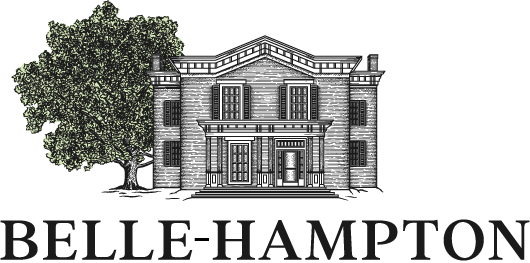Is a Family Destination Home a Legacy or a Burden for the Next Generation?
When I was growing up, weekends and holidays were spent at our family business. Through that, my parents taught us the value of hard work, customer service, and sound financial practices. The company became very profitable, which then required some other investments. My uncle, a real estate attorney, recommended purchasing land and a cottage on a lake in northern Wisconsin. A beautiful setting perfect for a relaxing family getaway and a chance to bond. Although I believe in the value of investing in real estate, this wasn’t the best thing for our branch of the family.
In the '70s, my parents had three children attending college in addition to two in private schools. This burden necessitated working not only in the family business but managing apartments and side cleaning jobs to make ends meet. A vacation home was not in the picture for us at the time. Besides, who would work the store on the weekends if the other family members visited the cottage?
The vision for the family business and the family wasn’t a shared one. We believed that family came first, but how that looked amongst the aunts and uncles was different. As a youngster, discussions about the future of the business did not include us. In fact, it didn’t even include my mom, an heir to the company. The decision for purchasing real estate was decided without discussions with the next generation, the beneficiaries. The patriarchs made a sound financial decision, or did they?
The statistic of having a 70% failure rate for a successful transition of the business or wealth to the next generation might have paused the transaction. And a destination home many times brings a feeling of resentment or lack of equity between family members. How is time spent at home allocated? Who pays for repairs or improvements? What is the policy about bringing guests? If these questions are not discussed and agreed upon, the investment may have been good financially, but not for enhancing family harmony. A shared vision for the vacation home and the business’s future should have been the first priority.
Needless to say, we sold the family business and our shares in the lake house cottage. The home proved to be a successful getaway for some family members to this day, but our family had other priorities. My parents sent five daughters to college, paid off that debt, and bought their own lake house for retirement.
As a current member of a family business and family destination property, we are trying to take steps to avoid the statistics. Our model is a “Family Bank” as described in the book, Build Your Family Bank. Members contribute to the bank not just financially but also using human and intellectual capital. But we did not start there. We started with a solid foundation.
When my husband first bought the company in 2012, we formed a family council. This group began with our purpose of open communication among the family members, us, and our three boys. The discussions centered around our shared core values: family, integrity, knowledge, and perseverance. Once we settled on these four values, we tasked the boys with defining what that meant to them. From there, we then created our vision and mission statement.
After several years of meetings focused on our individual and family goals, we evolved into a "Family Bank" model. What started with discussions around preserving our historic farm, Belle-Hampton, turned into a more robust structure. We discussed equal versus fair regarding weekend visits, guest policies, and improvement/maintenance questions. But we made it official by giving everyone a voice in a newly formed LLC. We started with a good foundation and built it up from there.
Is the Family Bank model good for every family? Maybe not, but the format proactively manages the expectations of future generations. However, the structure needs to start with open discussion and communications toward a shared vision. Starting with advisors who do not understand your individual and family dreams is bound to fail. Advisors that take the time to understand your particular family's background then helping get your priorities accomplished is a recipe for success. It will be the difference of a lasting legacy versus a burden for the next generation.

